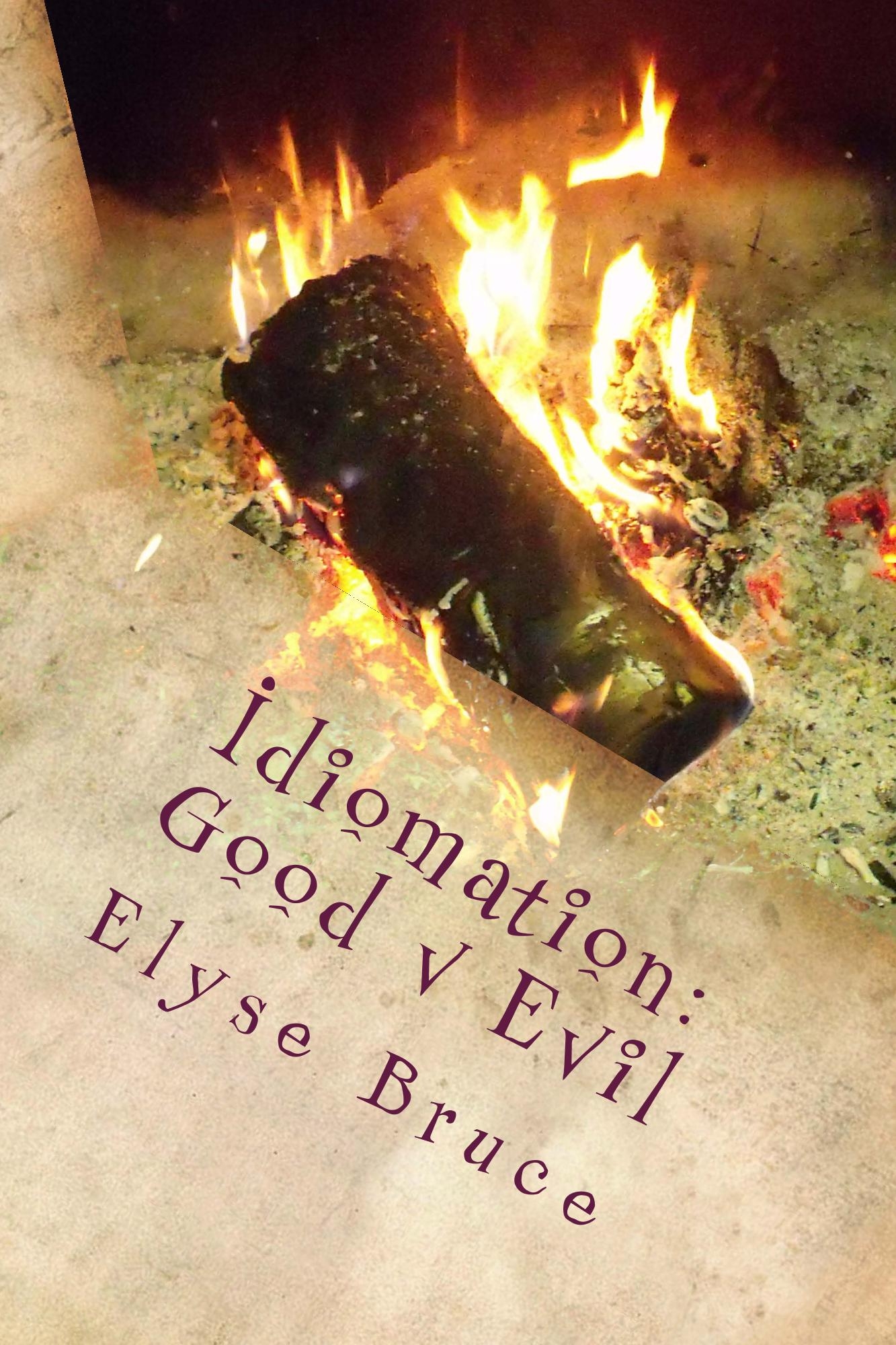Possession Is Nine Tenths Of The Law
Posted by Admin on November 16, 2010
Most people mistakenly believe that possession is nine-tenths of the law. In other words, they believe that if you have physical possession of an item, it establishes a stronger legal claim to owning it than claiming ownership even with documented proof to support the claim.
However, possession alone does not imply that any person who holds any property is the rightful owner. In fact, the nine-tenths to which the idiom refers has nothing whatsoever to do with percentages. Here are the points to which it refers:
(1) a good deal of money;
(2) a good deal of patience;
(3) a good case;
(4) a good lawyer;
(5) a good counsel;
(6) good witnesses;
(7) a good jury;
(8) a good judge; and
(9) good luck.
Of course, the one-tenth is having a judgment from the courts clearly stating that the individual is, indeed, the owner of the property in question.
T. Draxe first wrote about possession being nine-tenths of the law in 1616 but the concept goes back to old English common law. In fact, on June 27, 1599 William Shakespeare‘s father, John, was taken to court under Shackspeere contra Lambert. On October 23, 1599, another entry of the case is recorded:
Yf the defendant show no cause for stay of publicacion by this day sevenight, then publicacion ys granted.
In the end, it appears that William’s father lost the court case, in part due to the fact that not only did he not have possession of the contested property, and in part because he was unable to prove ownership to the satisfaction of the courts.
So even though it’s mistakenly believed by a number of people that possession is nine-tenths of the law, if the courts determine that legal ownership lies with the other party, nine-tenths possession is more commonly referred to as “theft.”


Leave a comment